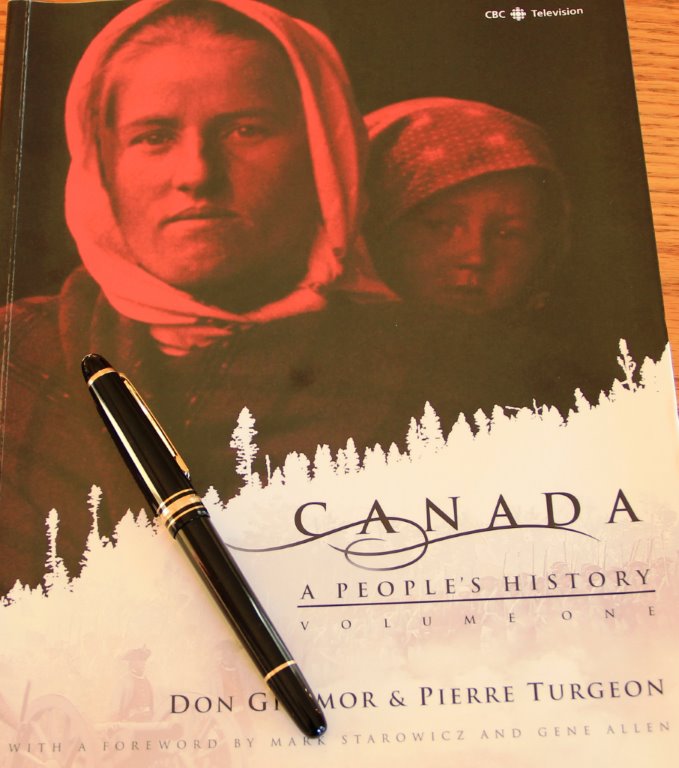Professionals who have recently relocated to Canada (or any other country for that matter) are comparable to new graduates when it comes to competing on the local job market. They have little to no local work experience. Yet we should be looking at a few major differences. They bring to the table an overseas work experience, as well as a significant life experience, which situates them among the strong candidates in this global economy. Of course, anyone new feels highly uncomfortable when it comes to understanding the local culture and specific workplace practices. The feeling that you don’t belong is weakening your self-confidence. But the most difficult part is the lack of support and not having a local professional network to depend on.
If I could encourage employers who are interviewing someone new to this culture (and maybe even to the official languages) I would encourage them to imagine themselves in a new country. To illustrate, think of a Canadian moving to Germany. For good. With their whole family. What would it take for that person to be ready to take such a step? How long would it take for them to adjust to the culture, language, find a job, and apply for it? How much courage, initiative, and strong planning skills do you think they would need to make such a move and start their life over? Then look again at the courageous person sitting right in front on you. They have all those skills.
 Building relationships takes a long time and if you haven’t accounted for that time before arriving to Canada, start networking as soon as you can. This may be more important than evaluating your credentials or even going back to school to get new ones. Why? Because in this culture a good reference will magnify the professional portfolio you’re providing to employers by adding an important ingredient: trust. This will also automatically reinforce your position as a candidate for a job.
Building relationships takes a long time and if you haven’t accounted for that time before arriving to Canada, start networking as soon as you can. This may be more important than evaluating your credentials or even going back to school to get new ones. Why? Because in this culture a good reference will magnify the professional portfolio you’re providing to employers by adding an important ingredient: trust. This will also automatically reinforce your position as a candidate for a job.
What is networking? To network doesn’t mean you’d turn into a ‘networking mongrel’ and (1) collect a meaningless stack of business cards without ever following-up, (2) talk and focus on your own agenda instead of listening and gathering information, or (3) superficially intrude into a conversation. When meeting with someone you respect professionally take the time to build a real connection. There must be a mutual benefit when you make a connection, it’s a two way street.
One of the most frequent questions I get from my clients or students is “How do I get to talk to a professional in my field if I simply don’t know anyone?” Yes, I agree, there is no easy way to do that, but here are a few steps that anyone should be able to follow with ease.
1. Know what you want – this may require extensive research, but if you don’t know what you want, nobody can help you. Most of this basic research can be completed even before arriving to Canada using the available websites, articles, online tools, and social media networks. Your personal branding message should reflect that. You haven’t worked on your personal brand yet? Meet a career coach or advisor.
2. Prepare/ make a target list (of both professionals and companies you would like to work for) and ensure you have acquired all relevant information, including LinkedIn connections.
3. Develop a list of specific questions you may ask in a possible informational interview and start a strategic planning around setting such meetings in the near future.
4. Avoid relying on friends only (or relatives). This is your career and you should be carefully cross-referencing all the information you can gather, using updated and reliable sources.
5. Get trained before connecting with professionals in your field/industry; it’s great if you can receive at least some basic coaching from a certified career advisor on how to proceed: don’t blow your chances by showing up unprepared.
6. First impressions matter. Have some good questions ready (write them down), be self-aware, curios, open, humble, authentic, and considerate.
7. Keep notes. Once you commence your ‘career battle’ and start on building relationships, keep an activity tracker spreadsheet or have a follow-up system in place and connect with your new acquaintances consistently.
Magdalena Mot